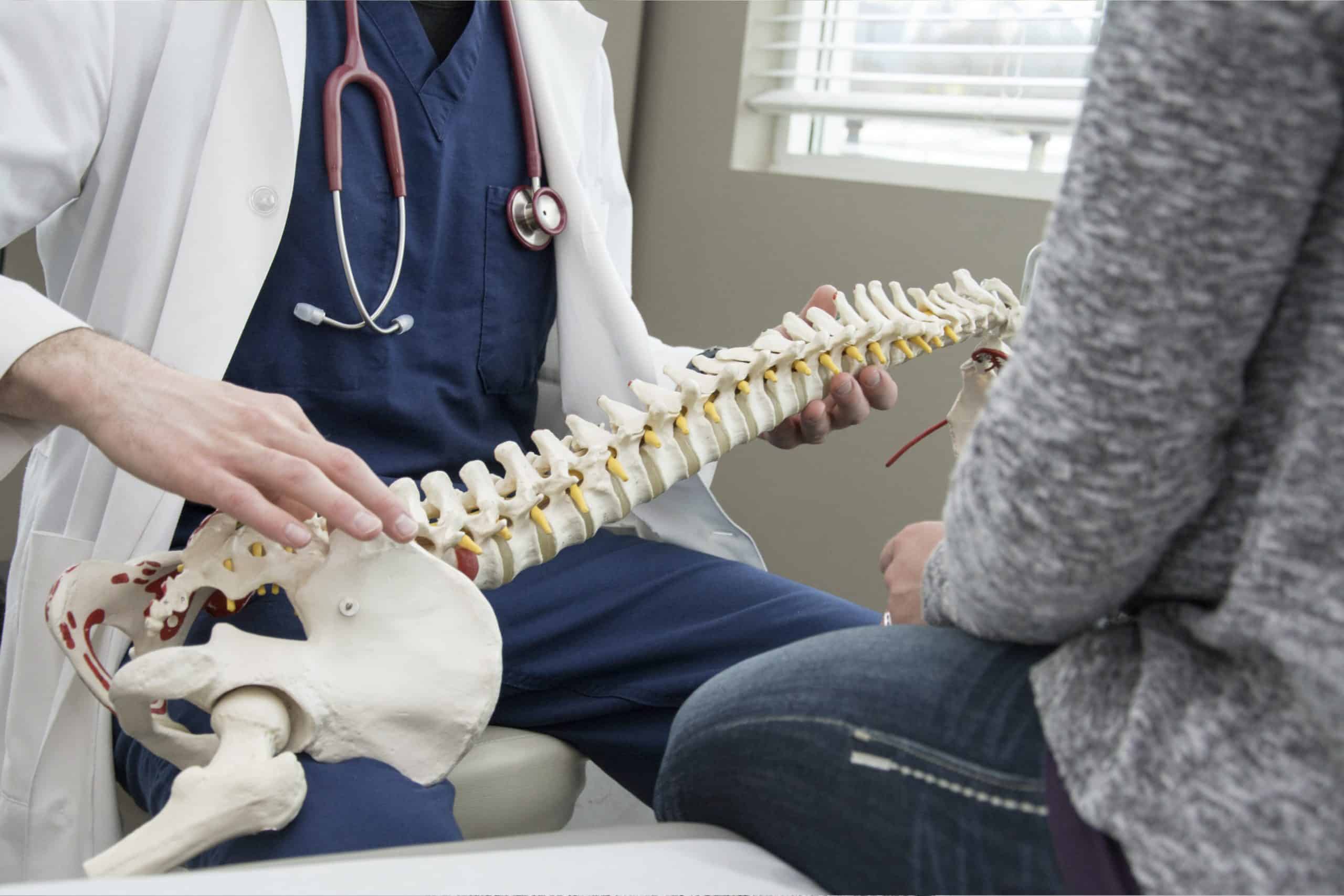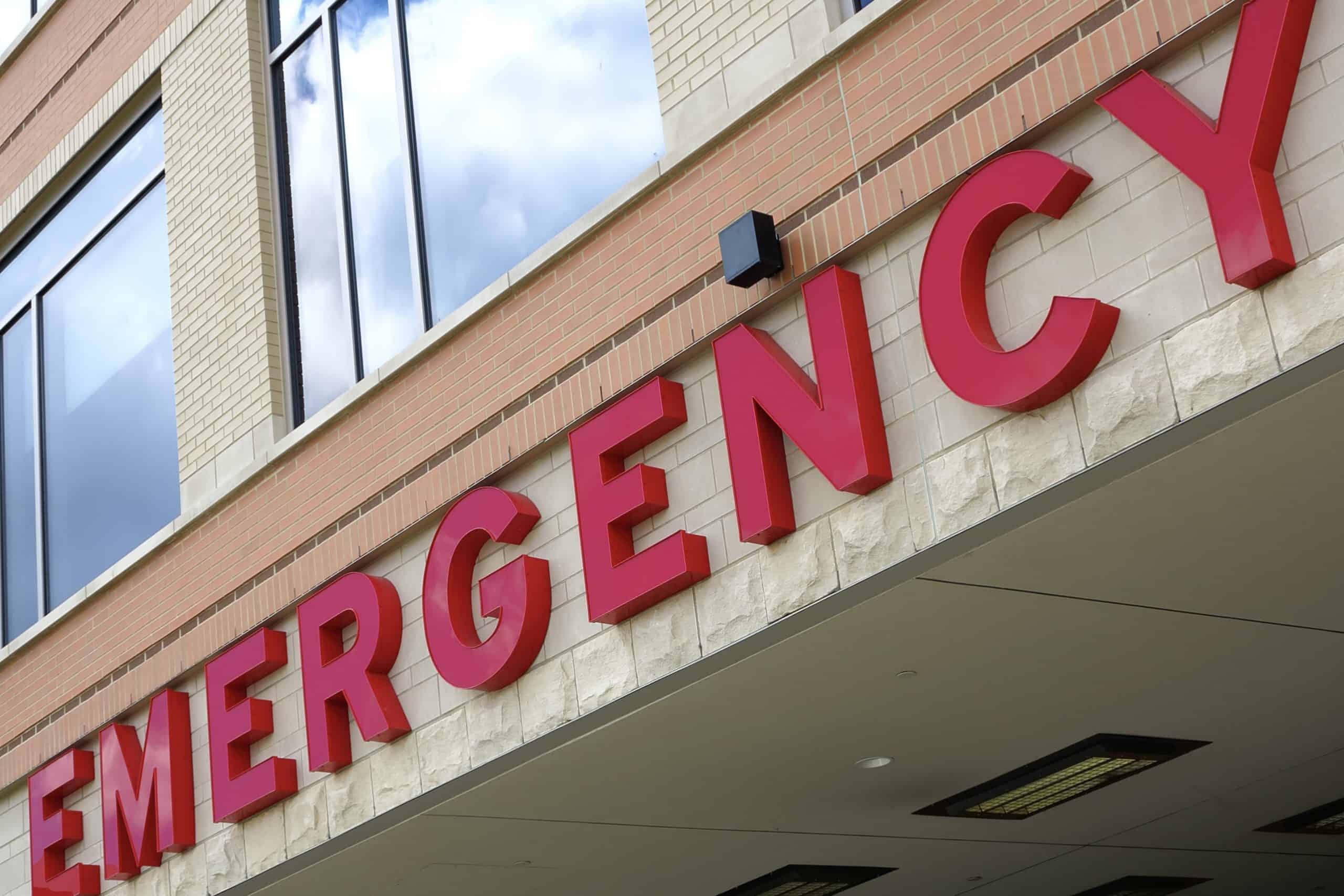"I thought I was fine."
We hear that line often at Northeast Spine and Sports Medicine when patients experience delayed symptoms. Many athletes are injured during practice or a game, but they push through because they feel okay at the time. A ball to the head, an unexpected tumble, or a collision with another player may seem insignificant at the time, but it can cause damage later. We also see patients who postponed treatment after a car crash or other major accident because they thought nothing was wrong.
That's why it's important to seek treatment from a pain management specialist after any injury, even if your body isn't sore — yet. But if you failed to do that, we aren't here to lecture you. We just want to help you conquer your pain and get your life back on track. Here's what you should do when soreness strikes after an accident or injury - some of these points are directly taken by personal injury lawyers from Barry Deacon Law.
1. Visit a Medical Professional ASAP

As a general rule, the earlier you treat symptoms, the easier it is to get rid of them. Give us a call as soon as you notice pain or discomfort, even if it stems from an old injury. We'll perform a thorough exam, which may include:
- Imaging tests, such as an X-ray or CT scan
- A vital sign check to make sure your heart rate and blood pressure are at safe levels
- Palpation to see which spots are tense or tender
- An interview about your lifestyle choices, such as whether you smoke or exercise regularly
- Questions about your injury or premises liability accidents so we can tailor your treatment appropriately
After your exam, expect some feedback about your symptoms. We also keep in touch with lawyers you can find out more on how we treat out customers. We treat the root cause, not just the symptoms themselves. Because of this, we may diagnose you with conditions that cause your symptoms, such as spinal subluxation, whiplash, or disc herniation.
Your symptoms dictate your treatment plan, so we'll create a custom recommendation tailored toward your needs. This may involve one or more of the following options:
- Chiropractic care
- Physical therapy
- Acupuncture therapy
- Therapeutic injections
- Laser therapy
- Spinal decompression
- sports medicine
Most of our treatments are noninvasive and nonsurgical. We'll discuss all of your options with you, so you feel confident you're choosing the best approach for your condition. We can also recommend home remedies, such as exercises or ice therapy, so you can treat your symptoms around the clock.
2. Follow Medical Recommendations

After a serious injury, it's not enough to simply stop by for an initial consultation and then carry on with your life. Your symptoms may worsen, even if you feel better after just one appointment. You may also weaken your case if you're pursuing workers comp or reimbursement for an automobile accident. The attorneys for wrongful death cases from The Law Offices of Thomas J. Lavin can help with legal aid required.
When a patient gets injured, claim adjusters often want to see a pattern of treatment. They also need to see that patients have adhered to the recommended treatment plan before reimbursing patients for services. If you frequently miss appointments, your case may get dismissed or have unfavorable results. Claim processors or their attorneys can argue that you must not be in much pain if you aren't receiving consistent care for your symptoms.
Our team has extensive experience navigating personal injury claims. We can't provide legal representation, but we're happy to help you complete medical forms requested by your employer or insurance provider. We can also provide any necessary records needed for your case.
3. Document Pain

Sometimes it's difficult to pinpoint the source of delayed symptoms. For example, you may assume your dizziness stems from accident-related anxiety because you don't realize you have a neck injury. Keep a detailed log as soon as your first symptom appears, especially if you're requesting financial compensation for your pain.
Record the following information in your log:
- Times and dates when symptoms occur
- Whether symptoms are worse at certain times, such as in the morning or before bed
- Activities that help or worsen symptoms
- Frequency and duration of symptoms
- Appointments with medical providers
- Daily activities, such as whether you exercised or went to work
- Medications or supplements you take
- Any diagnoses or test results you receive from healthcare providers
You may find it helpful to sketch or print a quick chart so you can track health trends. Your chart can reveal whether symptoms worsen, improve or remain the same during your course of treatment.
4. Avoid Settling Claims Until Your Pain is Under Control

It's tempting to settle a claim quickly, especially if you need fast cash due to missing work or racking up medical bills. Unfortunately, a quick settlement often benefits the litigation team, not the victims. Hold off on negotiations until your pain reaches a tolerable level. We can help you determine whether you're likely to continue seeing improvements from your treatment plan. If your need further legal advice, you might want to contact this car wreck attorney near me.
Also, make sure you've investigated every source of pain before you accept a settlement offer. You may initially seek treatment for one injury only to have new symptoms pop up days -- possibly even weeks -- later. Some of our patients seek treatment for a head injury and then discover they also have out-of-place vertebrae in their spine from the accident. We can also check for whiplash, nerve damage and internal issues that may stem from your injury. After all these are taken care of, that's the time you can seek the legal help of a personal injury attorney to claim the compensation that you deserve.
5. Seek Emergency Care When Needed

At Northeast Spine and Sports Medicine, we pride ourselves on seeing patients quickly. In fact, many of our offices can accommodate same-day appointments when symptoms become severe.
However, our top-notch care is no substitute for emergency treatment. Head to the ER immediately if you notice a sudden spike in pain or experience serious symptoms, including:
- Bleeding or other liquid discharge from your head or ears after a concussion or other brain injury
- Pain or tightness in your chest, especially on your left side
- Sudden numbness or weakness in one or both arms, as this may indicate a stroke
- Trouble breathing, whether it occurs when inhaling, exhaling, or both
- Severe abdominal pain that may stem from a soft-tissue injury
- Emotional distress, such as thoughts of harming yourself or others
Let the emergency room staff know you're also working with the Northeast Spine and Sports Medicine team. We can coordinate care and help you maximize your recovery.
Ready to Schedule an Appointment for Your Pain or Discomfort?

Not all injuries are visible. If you suspect something is wrong after a recent injury or accident, give us a call. You deserve to feel better and live a life you love, whether you've got minor aches or debilitating discomfort. To get a lawyer for personal injury read more.
Here are some delayed symptoms you may notice after an injury or accident:
- Dizziness
- Nausea
- Headache
- Muscle pain
- Decreased range of motion
- Pain in your neck, back, arms, shoulders, legs or feet
- Numbness
- Tingling
- Tension or stiffness
- Weakness in one or more parts of your body
- Fatigue
- Emotional distress or cognitive concerns that may stem from a brain injury
We can address all of these symptoms at Northeast Spine and Sports Medicine, regardless of how long you've had them. Our skilled professionals like our sports medicine doctor will treat patients at offices across New Jersey, including multiple locations in Ocean County and Monmouth County. Our specialists have morning, afternoon, and evening appointments available to meet your needs. We participate in many popular insurance plans and also accept self-pay patients.
Don't spend another day battling pain. We're here to help.

